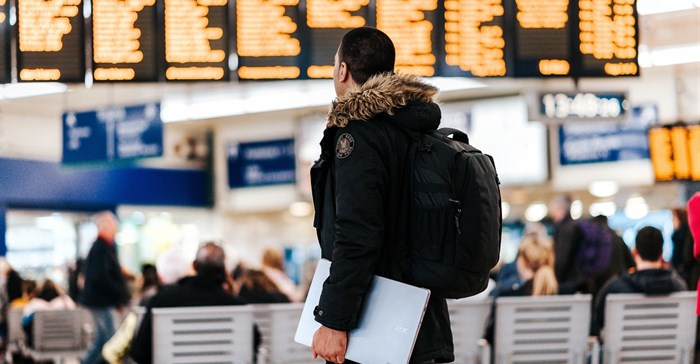Airbnb global study reveals millennials as predominant travel consumers by 2025
The study outlines a number of key findings and trends among this demographic, including that many millennials prioritise travel over other financial commitments such as buying a home or paying off debt.

CEO of Europ Assistance South Africa, Jacques Preyser says that this trend indicates the rising importance of travel and unique experiences among this rapidly growing demographic. "Another interesting result from the study is that over 80% of millennials surveyed indicated that the best way to have a unique travel experience was to ‘live like a local’."
As Preyser points out, a closer look at this particular thread indicates that millennials regard spontaneity and the ability to easily adapt one’s travel plans, as increasingly important. “The majority of respondents want to stay in accommodations in trendy, local neighbourhoods, rather than close to top tourist attractions; they prefer active vacations, full of exploration; they don’t mind travelling by themselves; and they prefer to create their own itinerary, rather than leaving it up to a packaged tour.
"While all of these factors could potentially make one’s holiday away from home riskier, there are ways to encourage more adventurous and spontaneous travel experiences, without compromising on safety and security."
Incorporating value-added service policies
Preyser states that having a sense of what to expect and making the right provisions through a travel insurance policy, is a vital part of preparing to travel. "As a rule, no one should go on holiday without a comprehensive travel insurance policy, because it is critical to have cover in place for instances such as medical emergencies, financial losses due to flight cancellations, having to cut a trip short, or, in extreme cases, death or disability. Over and above this, tailoring your policy to include value-added services can assist you in getting even more out of your international adventure."
"For example, one challenge that many international travellers face is the language barrier, and one of the add-ons to consider is access to interpreters via a call centre function if there is a need for it. Another additional service growing in popularity is map and directions assistance, which can provide assistance to travellers who are lost. Even if one owns a GPS, it is important to be able to get reliable help when one is in an unfamiliar setting, or just needs to know whether one is taking the correct route."
Preyser notes that there is also the matter of legal assistance when one is away from home. "International travellers lose their passports all the time. It is also not uncommon to be unfamiliar with local laws and by-laws which could land an unassuming tourist in trouble with authorities. For situations like these, it is important to ask one’s insurer for a legal assistance add-on. This may even include the arrangement of bail-bonds, referrals for local legal representatives and, again, interpreters if necessary.
"More adventurous and spontaneous travel experiences don’t have to be unnecessarily risky and by making just a few simple provisions to their insurance policy, more millennials will be able to confidently take on more daring holidays," concludes Preyser.













